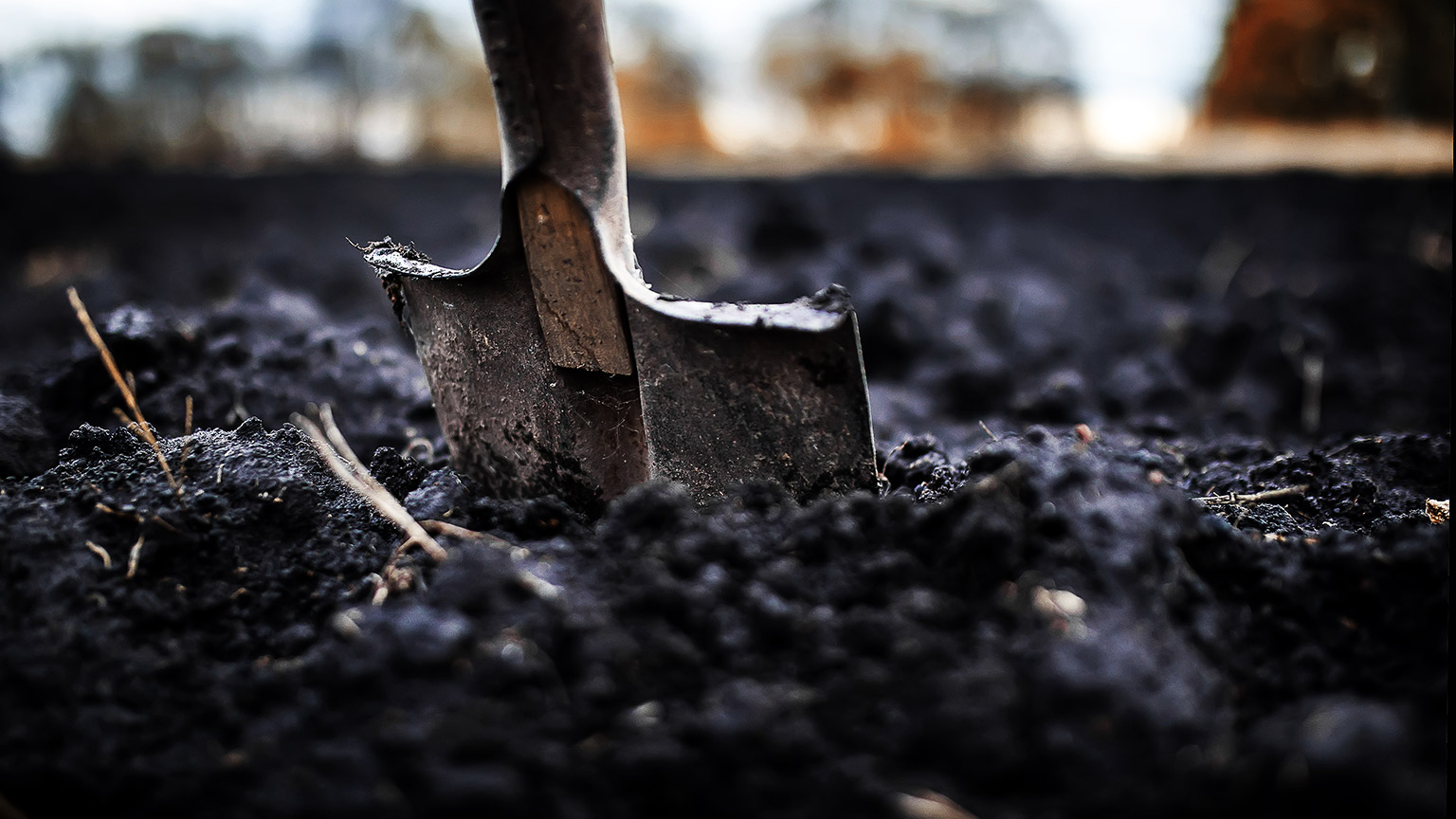Welcome to Module 4 – Soil: Composition and Properties
In this module, the content will build on what you already know about soil by exploring the field of soil science.
We’ll start by looking at a few key Māori kaupapa (concepts or principles) and how we may think about these in relation to the topics covered in this module.
After that, we’ll revisit your knowledge of the components of soil and investigate some additional properties of soil. We’ll then look at how soil is classified scientifically in Aotearoa using the New Zealand Soil Classification (NZSC). We'll also show you where to find information about your local soils online and a range of tests that can be done on soil that can help inform what the soil needs to thrive.
We’ll move on to practical skills involving soil, specifically how to work with the soil to create a successful raised garden bed. We'll also cover planting trees and shrubs.
Lastly, we’ll take a brief look at alternative types of growing media such as plant husks and water.
Video resource
If you haven't yet, consider purchasing the optional video companion to this course, The Market Gardner's Toolkit. There is a bit more information about this in the Course Overview. You can purchase it for US$7.50 for a digital download.
Time to complete this module
You should plan to complete this module in 105 learning hours.
Assessment outline
In this module, continue journaling about your garden each week. To finish this module, you need to complete two assessment tasks. Click the assessments at the bottom of the left-hand content menu to download the assessment and submit your work.
- Garden Journal – explain what you’ve been doing in the garden each week and upload photos to show your mahi (work) and the state of the garden.
- Soils Report – visit two horticulture operations and write a report describing the soil found at each site.
Remember, we’re here to help!
As mentioned in earlier courses:
- It’s ok to make mistakes. When we make mistakes, we can learn from them by thinking, “what went wrong?” and “what can I do differently next time?”. In fact, these are the kinds of questions and answers we’d like to see in your Garden Journal.
- Reach out if you need help! If something doesn’t make sense, or you’re unsure what to do next, ask a peer using Messaging on the Online Campus, check the forums for others that have asked the same questions, or get in touch with your Tutor. You can send them a message on the Online Campus or get in touch via email.
